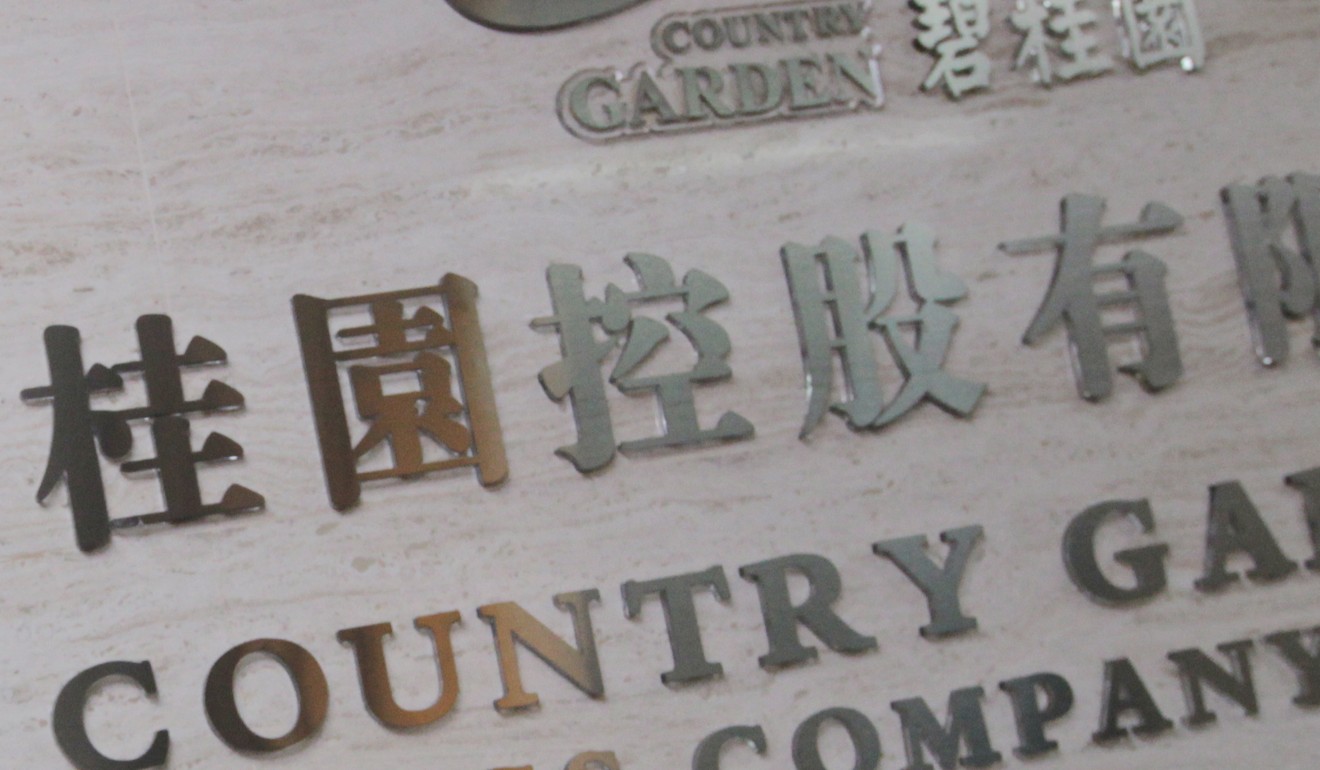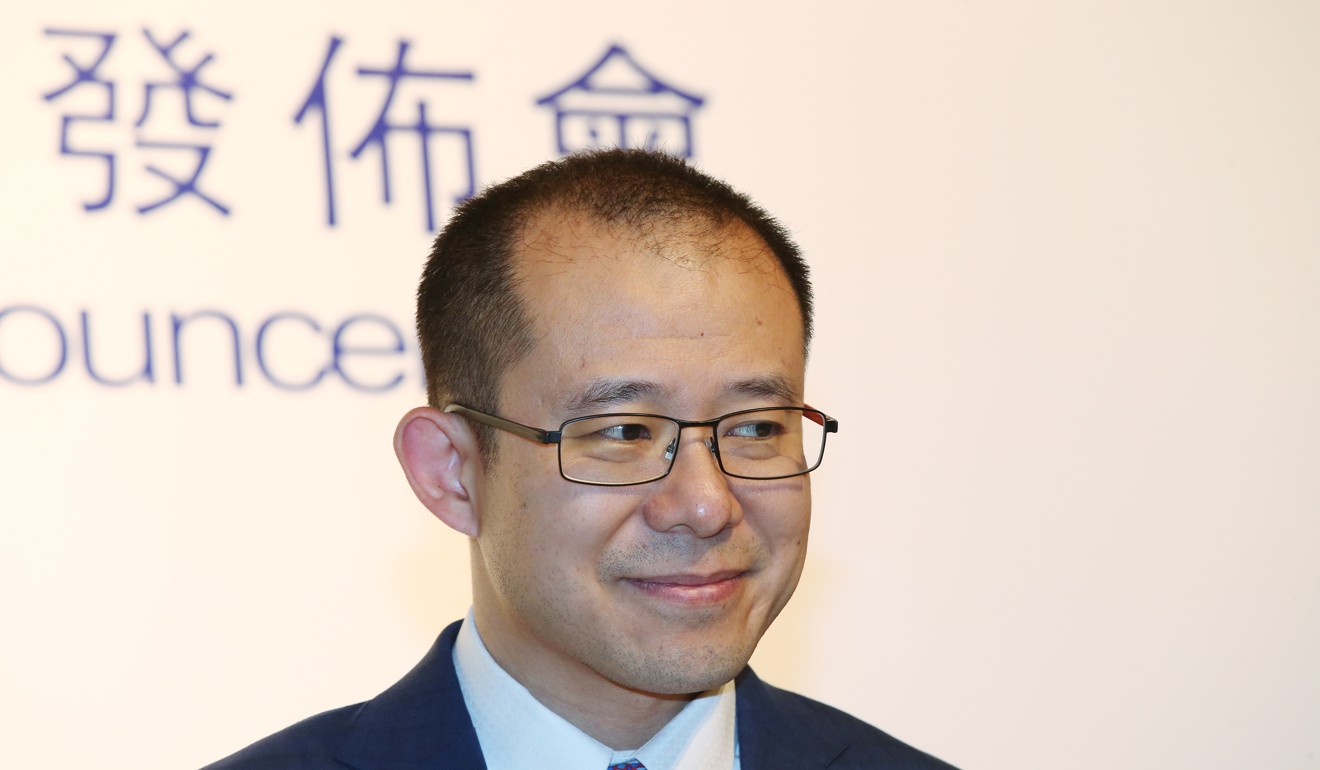
Director share buying still worth US$37.2m, despite shorter trading week
Buy-backs rise for second straight week with 12 companies posting 50 repurchases worth nearly US$25m
Director share buying surged for the second straight week, while selling rose for the fourth straight week, based on filings on the exchange during the holiday-shortened week of March 26 to 29.
That buy total was sharply up from the previous week’s 5-day total of 26 companies, 114 purchases and HK$125 million.
Forty three companies recorded 169 director purchases worth HK$292 million (US$37.20 million) versus 15 firms with 38 disposals worth HK$473 million.
Aside from directors, the buy-back activity rose for the second straight week with 12 companies posting 50 repurchases worth HK$196 million (US$24.97 million) based on filings from March 23 to 29.
That number of firms and trades were up from the previous 5-day totals of 10 companies and 22 repurchases. The value, however, was down from the previous week’s turnover of HK$217 million.
The surge in director and buy-back activity for the second straight week was mainly due to announcement of results with buy-backs in Country Garden Holdings and rare insider buys in Shangri-La Asia Limited.
On the selling side, directors of Tencent Holdings and investment holding company VSTECS Holdings unloaded shares following sharp gains in their share prices.

The group previously acquired 222 million shares from January to November 2017 at HK$4.05 to HK$12.00 each or an average of HK$6.31 each and 1.08 billion shares from January to December 2016 at HK$2.85 to HK$4.48 each or an average of HK$3.75 each.
The repurchases since January 2016 are the company’s first buy-backs since listing in April 2007. The stock closed at HK$16.16 on Thursday.
It was made on the back of the 15 per cent drop in the share price since January 10 from HK$18.48
Despite the fall in the share price since January, the recent buy-back was made at sharply higher than the group’s previous acquisition prices
● Shangri-La Asia Limited Non-Executive Director Ho Kian Guan bought 30,000 shares of hotel play from March 26 to 27 at an average of HK$15.81 each.
The trades increased his holdings to 147.009 million shares or 4.1 per cent of the issued capital. The purchases were made after the company announced on March 21 a 48.9 per cent gain in year-end profit to US$158 million.
He previously acquired 80,000 shares in June 2017 at HK$12.67 each and sold a net 5,000 shares in September 2015 at HK$7.00 each. He resumed buying after the stock rose by 25 per cent from his acquisition price in June 2017.
Before his trades since 2015, Ho acquired 14,000 shares from March to April 2012 at an average of HK$16.90 each, 40,000 shares from July 2010 to November 2011 at an average of HK$14.58 each and a net 1.9 million shares from September 2006 to October 2008 at HK$22.00 to HK$8.50 each or an average of HK$15.83 each. Ho was appointed to the board in May 1993. The stock closed at HK$15.80 on Thursday.

● Tencent Holdings’ Executive Director Martin Lau Chi Ping sold one million shares of blue chip internet business services provider on March 27 at HK$434.36 each.
The trade reduced his holdings to 45.968 million shares or 0.48 per cent of the issued capital. The disposal was made after the company announced on March 21, a 74 per cent gain in year-end profit to 71.51 billion yuan.
He previously sold 600,000 shares in September 2017 at HK$346 each, 600,000 shares in May 2017 at HK$274.79 each and 800,000 shares in April 2017 at an average of HK$225.51 each.
Before his sales since 2017, Lau sold 1.3 million shares in August 2016 at HK$201.16 each, 600,000 shares in July 2016 at HK$178.55 each and 1.4 million shares in March 2016, some of which were options-related sales, at HK$158.71 each.
Also negative this quarter is the company’s Independent Non-Executive Director Bruce Ferguson with 75,000 shares sold on January 15 at HK$444.60 each, which reduced his holdings by 16 per cent to 0.395 million shares. He previously sold 20,000 shares in November 2017 at HK$430 each and 20,000 shares in July 2017 at HK$283.40 each. The stock closed at HK$409.60 on Thursday.
Lau resumed selling in March after the stock rose by 26 per cent from his sale price in September 2017
Contrary to the sales being negative signals, the share price of Tencent Holdings appreciated after directors sold shares in the company based on HK$27.3 billion worth of disposals since 2006.
● VSTECS Holdings’ Executive Director Chan Hoi Chau sold 440,000 shares of IT products distributor from March 22 to 23 at HK$4.39 to HK$4.12 each or an average of HK$4.23 each.
The trades reduced his holdings to 0.700 million shares or 0.05 per cent of the issued capital. The sales were made after the company announced a 29.8 per cent gain in year-end profit to HK$716.441 million on March 20.
Chan previously sold 300,000 shares from October 27 to 30, 2017 at HK$3.29 each and 200,000 shares on September 1, 2017 at HK$2.40 each. The sales since September 2017 are his first on-market trades since his appointment in July 2009. The stock closed at HK$4.14 on Thursday.
Significant Points
Chan’s sales since he resumed selling in March, after the stock rose by as much as 33 per cent from his sale price in October 2017, accounted for 15 per cent of the stock’s trading volume. They have reduced his holdings by 39 per cent.

